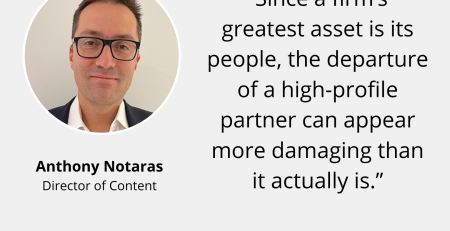I had my first experience of Uber taxis in New York. They have been something of a revolution when it comes to private fares and there has been a huge rise in usage since the company was first established in San Francisco in 2009. For those who don’t know, Uber is based on a smartphone app, which shows the user how far away the nearest Uber taxi is and allows it to be ordered at the press of a touch screen. There’s no facility for pre-booking a taxi with Uber and prices are estimated – but not set – in advance. The cost of the car is calculated at the end of the fare and taken directly from the user’s bank account by card details loaded into the app. Cars are not branded or centralised, which allows costs to be kept down. In fact, it’s probably the cost element of Uber that has made it so very popular with fares across London starting from around £9.However when I stepped out of my office last week on Aldwych to find the entire traffic at stand still it became obvious just how much this new approach to London taxis has angered the existing taxi community. The protest which took place last week in by the Licensed Taxi Drivers Association concerned the lack of regulation around companies like Uber, as well as the lack of training for Uber drivers, something that cabbies are required to undergo before they get a licence. The Association also objects to the way that the Uber app works out the customer fare, as it is essentially the same as using a taxi meter, which only London cabbies are legally entitled to do. At the heart of the protest is the fear that technological developments like the Uber app will drive traditional London cabbies out of business.Today Uber has announced that the number of people downloading the app on the day of the protest, compared to the same day the week before, saw an increase of around 850%, which would seem to indicate that the protest has actually worked in Uber’s favour rather than highlighting the plight of the cabbies. As the protest achieved coverage across most of the national news channels, as well as broad reach all over social media, those who didn’t know about Uber before last week certainly do now. Unfortunately for London cabbies the appeal of the cheap taxi is strong in a city where taxi fares can be some of the highest in Europe.Although there is sympathy for the fate of the iconic black cab, most people would rather take a cheaper taxi, particularly for shorter trips, and many see the development of technology that can make this possible as a good thing. London is not the only city where there have been objections to Uber and the protest last week follows on from similar events in Berlin, Rome, Milan, Madrid and Paris. For Uber, the broad reach of the protests and their high-profile nature must have been a rather pleasant surprise – given the enormous upsurge in the number of Uber apps being downloaded as a result, this is one situation that perfectly demonstrates that sometimes there’s just no such thing as bad publicity.
Related Posts

Read our Summer newsletter
Our latest newsletter covers how to use LinkedIn for better networking, how culture underpins DEI strategy, and details of our... read more

The office goes back to the future
In a hybrid world, 94% of legal professionals still value physical office spaces. Our CEO Melissa Davis explores how... read more

Read our Spring newsletter
Our latest newsletter covers women in leadership; looking forward to the Legal 5k; LinkedIn audits; crisis advice, and much more!
Staying...
read more
Departure lounge – how partner exits can damage your brand
Mishandled partner exits can damage a law firm’s brand and impact directory rankings. Director of Content Anthony Notaras explores... read more

Culture wins in legal talent wars
As law firms compete for top talent, culture is no longer a ‘nice-to-have’ - it’s a critical asset. With shifting... read more

WhatsApp groups: Friend or foe for your reputation (and your sanity)?
Our CEO Melissa Davis discusses the perils and pitfalls of WhatsApp groups, and looks at how you can mitigate... read more

Meet the media 2025: crisis communications
Our Meet the Media event, chaired by our CEO Melissa Davis, explored crisis in the legal sector with rich... read more

Crisis PR: When your spokesperson goes rogue
Our CEO Melissa Davis examines the latest crisis PR episode, this time courtesy of Gregg Wallace, and considers what... read more

Read our November newsletter
Our latest newsletter covers expansion at MD Communications; Legal 5k 2025 date released; our new culture whitepaper; legal directories tips,... read more

New industry report highlights culture as business critical in the legal sector
MD Communications, the leading reputation consultancy for law firms, today launched a new report, Workplace Culture in the Legal... read more

